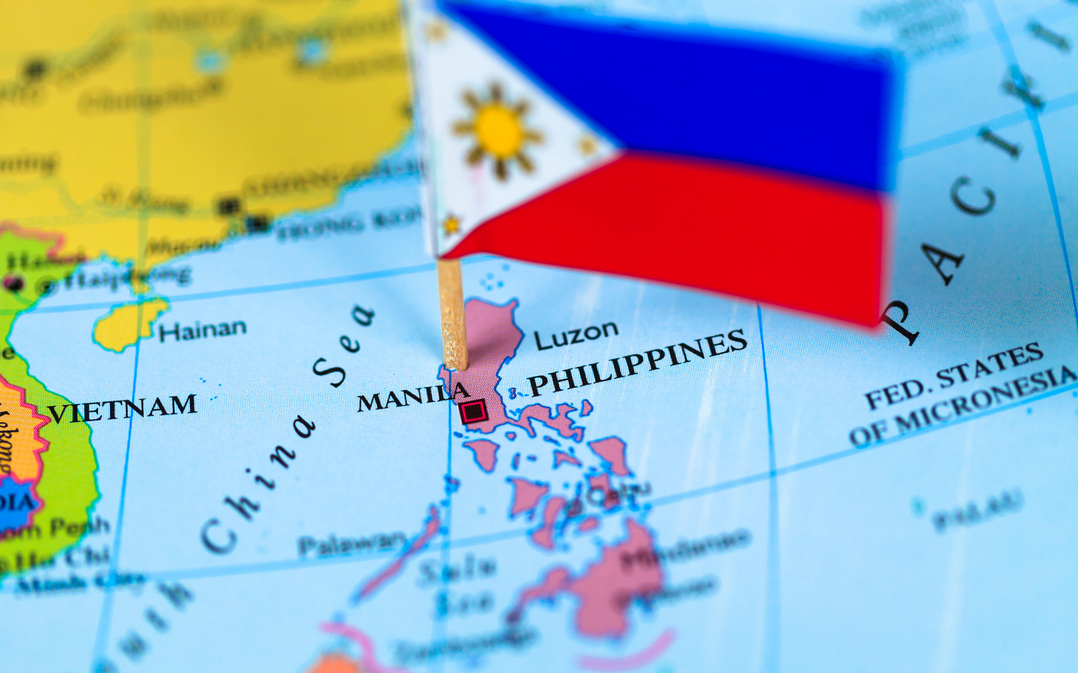Amidst escalating tensions in the South China Sea, the Philippines seeks to foster regional cooperation by engaging with neighboring nations like Malaysia and Vietnam.
President Ferdinand Marcos Jr. expressed concerns over China's heightened assertiveness in the disputed waters, prompting Manila to proactively pursue a separate code of conduct with countries sharing territorial conflicts within ASEAN.
Addressing the slow progress of the code of conduct negotiations between China and ASEAN, Marcos highlighted the urgency to collaborate with allies amid the escalating situation. Marcos revealed efforts to establish a distinct code involving Vietnam and Malaysia, aiming to extend this initiative to other ASEAN nations.
Despite recent discussions between Marcos and Chinese leader Xi Jinping on reducing tensions in contested waters, China's aggressive actions, particularly in Philippine waters, remain a focal concern. Incidents involving Chinese interference with Philippine resupply missions at Second Thomas Shoal and the use of force to obstruct supply flotillas underscore the intensifying situation.
Marcos emphasized China's expanding interest in atolls closer to the Philippines' coast, expressing a worsening scenario rather than improvement. Given the challenges faced by ASEAN in addressing South China Sea disputes, including varying member state interests and China's aggressive stance against rival claimants, Marcos' call for regional cooperation aligns with the need for a strategic approach.

While ASEAN and China have been negotiating a binding Code of Conduct since 2002, significant hurdles hinder a conclusive agreement. Diverse ASEAN member state interests and China's aggressive posture impede progress. The absence of a unified stance among Southeast Asian claimants against China's maximalist claims emphasizes the necessity for bilateral discussions among nations like the Philippines, Vietnam, and Malaysia.
Amidst doubts about the success of the ASEAN process, marked by China's actions extending control over maritime claims, investing diplomatic efforts in bilateral engagements with fellow claimants emerges as a more practical approach. Marcos' proactive stance seeks to establish groundwork for enhanced regional unity on South China Sea disputes, recognizing the imperative of cooperation amidst China's forceful advancement of its claims.
Source: The Diplomat





